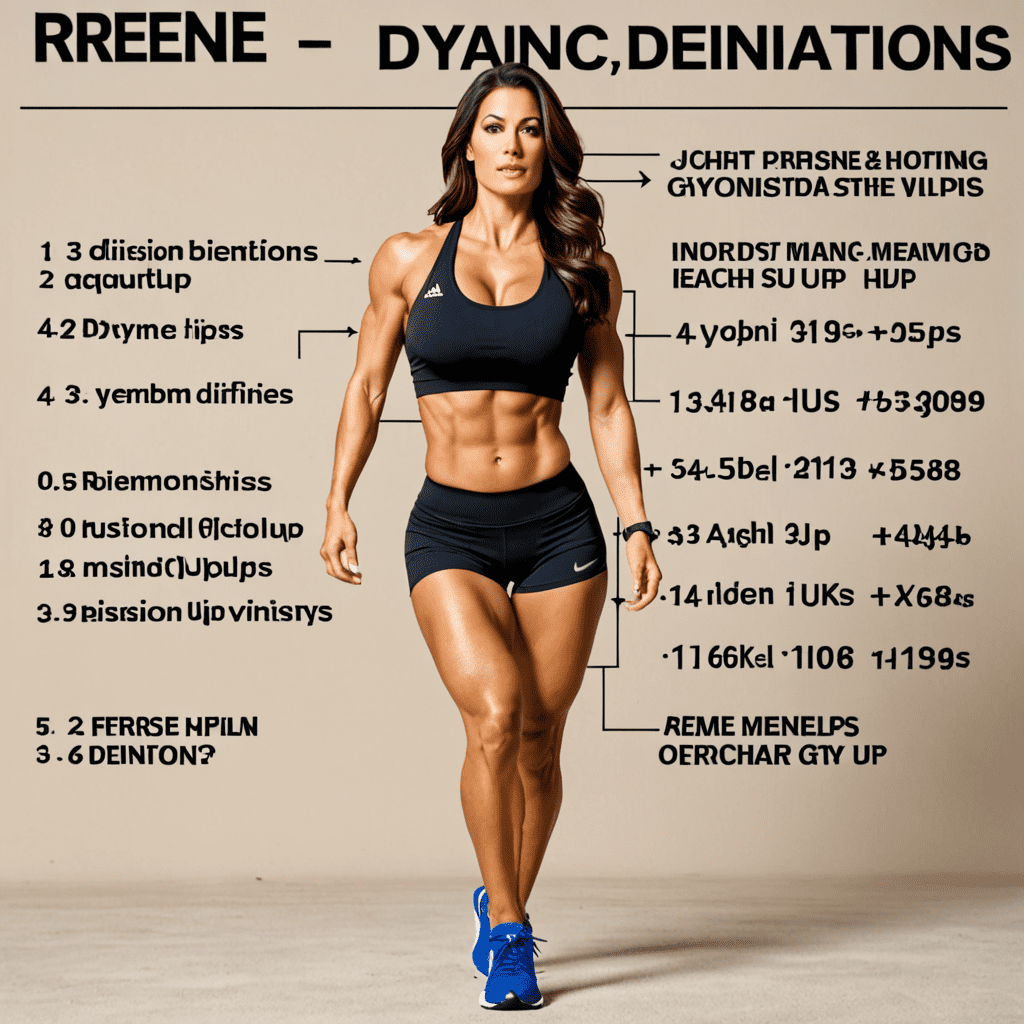Introduction: The Importance of Bone Health
Building and maintaining strong bones is essential for overall health and well-being. Bones provide structural support, protect vital organs, and store minerals. As we age, bones naturally lose density, but this process can be accelerated by factors such as poor nutrition, lack of exercise, and certain medical conditions. Understanding the importance of bone health can help individuals take proactive steps to preserve their skeletal integrity throughout their lifespan.
Benefits of a Vegan Diet for Bone Health
A well-balanced vegan diet can provide all the nutrients necessary for optimal bone health. Plant-based foods are rich in vitamins, minerals, antioxidants, and fiber, which can contribute to bone strength and prevent bone loss. Studies have suggested that vegans may have higher bone mineral density and a lower risk of fractures compared to non-vegans.
Essential Nutrients for Bone Health in a Vegan Diet
Several essential nutrients play a crucial role in bone health. A vegan diet must include adequate amounts of these nutrients to support bone growth and maintenance. Key nutrients include:
- Calcium: A mineral that gives bones their strength and hardness.
- Vitamin D: A nutrient that helps the body absorb calcium.
- Protein: A macronutrient that provides the building blocks for bone tissue.
- Magnesium: A mineral that contributes to bone formation and strength.
- Zinc: A mineral that assists in bone mineralization.
- Vitamin K: A nutrient that is involved in bone formation and blood clotting.
Protein : Building Blocks for Bones
Protein is a crucial macronutrient for bone health as it provides the building blocks for collagen, the main protein in bones. Plant-based sources of protein include lentils, beans, tofu, tempeh, nuts, and seeds. Aim for 0.8-1 gram of protein per kilogram of body weight per day to support bone growth and maintenance.
Other Key Nutrients: Magnesium, Zinc, and Vitamin K
Magnesium is involved in bone formation and strength, while zinc assists in bone mineralization. Vitamin K is essential for blood clotting and bone formation. Leafy green vegetables, legumes, nuts, seeds, and fortified plant milks are excellent sources of these nutrients.
Foods to Include in a Vegan Diet for Bone Health
To ensure adequate intake of bone-supporting nutrients, incorporate the following foods into a vegan diet:
- Leafy green vegetables (e.g., spinach, kale, collard greens): Rich in calcium, magnesium, and vitamin K
- Fortified plant milks (e.g., soy milk, almond milk): Fortified with calcium and vitamin D
- Tofu and tempeh: High in protein and calcium
- Legumes (e.g., beans, lentils): Good sources of protein, magnesium, and zinc
- Nuts and seeds: Provide protein, magnesium, and zinc
- Whole grains: Rich in fiber and essential vitamins and minerals
Lifestyle Factors Impacting Bone Health
In addition to diet, lifestyle factors also influence bone health. Regular weight-bearing exercise, such as walking, running, or dancing, promotes bone density. Adequate sunlight exposure or vitamin D supplementation is crucial for vitamin D synthesis, which supports calcium absorption. Quitting smoking and limiting alcohol intake can protect bone health as these habits can lead to bone loss.
Monitoring Bone Health and Seeking Professional Advice
Regular bone density scans can monitor bone health and assess the risk of osteoporosis. Women over 65 and men over 70 are recommended to have regular bone density screenings. Individuals with a family history of osteoporosis or other risk factors should consult a healthcare professional for personalized advice on bone health.
FAQ
Can vegans get enough calcium?
Yes, vegans can obtain sufficient calcium from fortified foods, leafy green vegetables, and calcium supplements if needed.Is vitamin D essential for vegans?
Yes, vegans may need to supplement with vitamin D as it is primarily obtained from animal sources. Sunlight exposure can also provide vitamin D.What foods are high in protein for vegans?
Tofu, tempeh, legumes, nuts, and seeds are excellent plant-based sources of protein.
- Should vegans be concerned about bone health?
While a vegan diet can support bone health, individuals should focus on consuming bone-supporting nutrients and engaging in healthy lifestyle practices to maintain optimal skeletal integrity.


